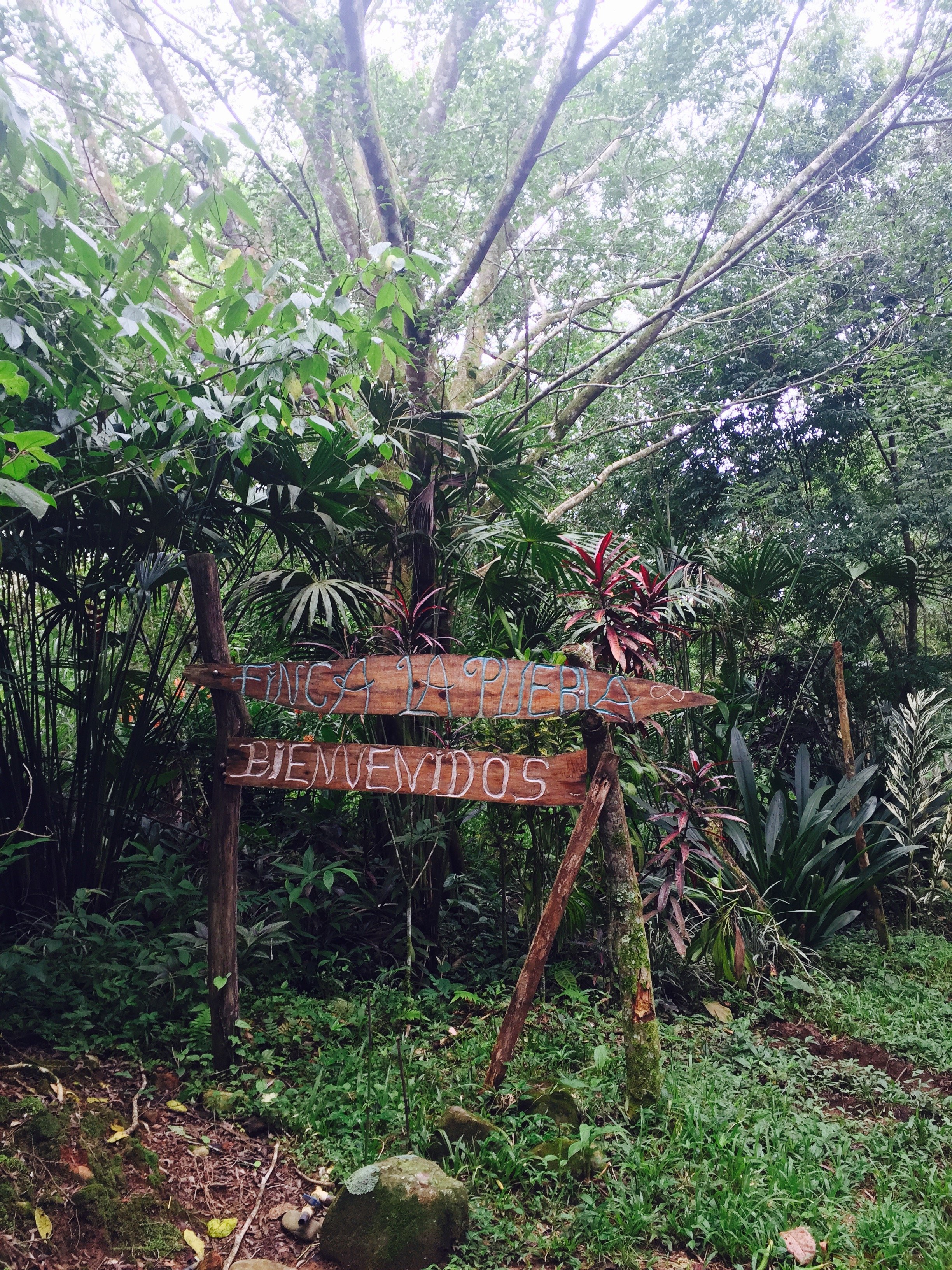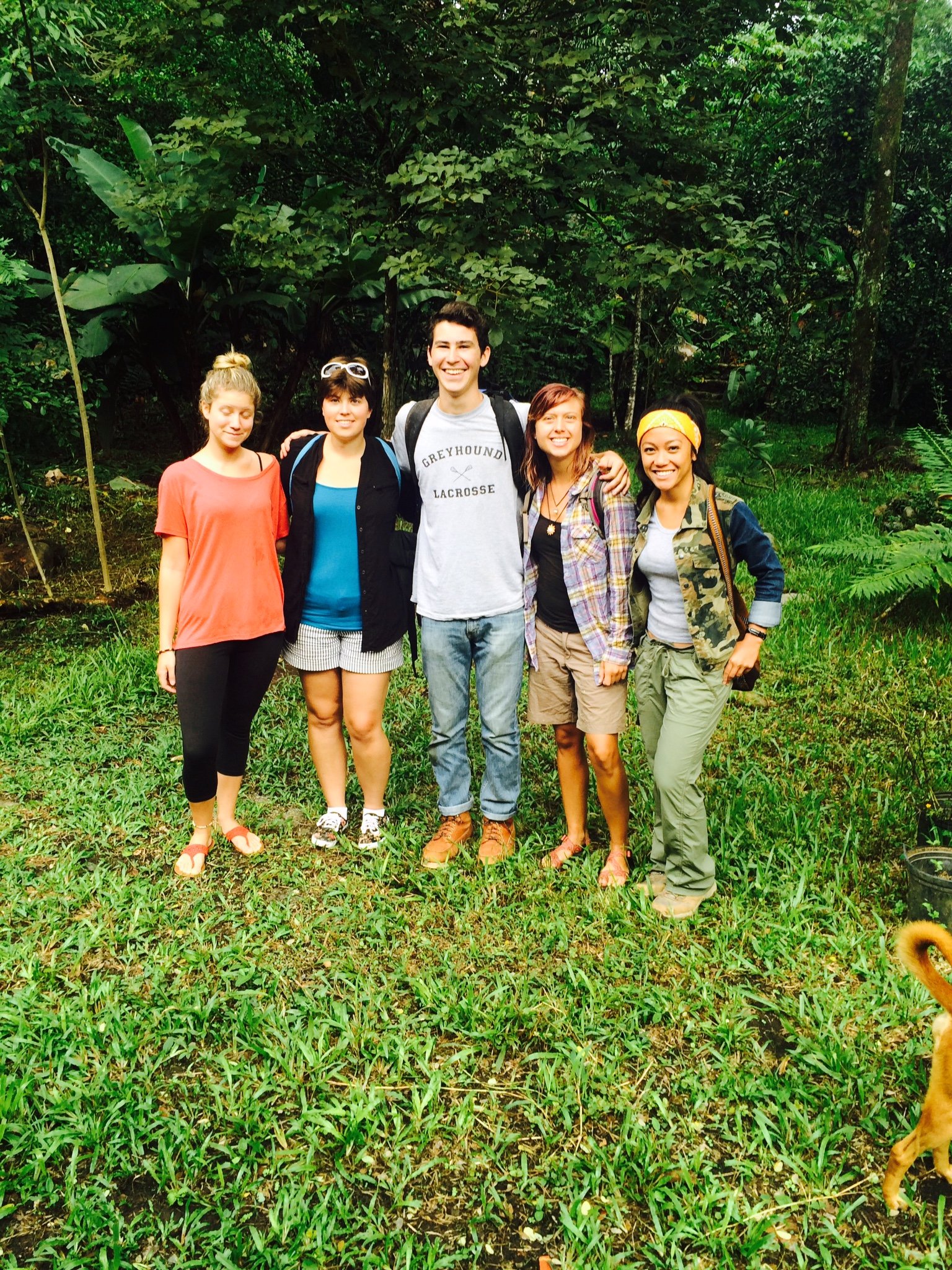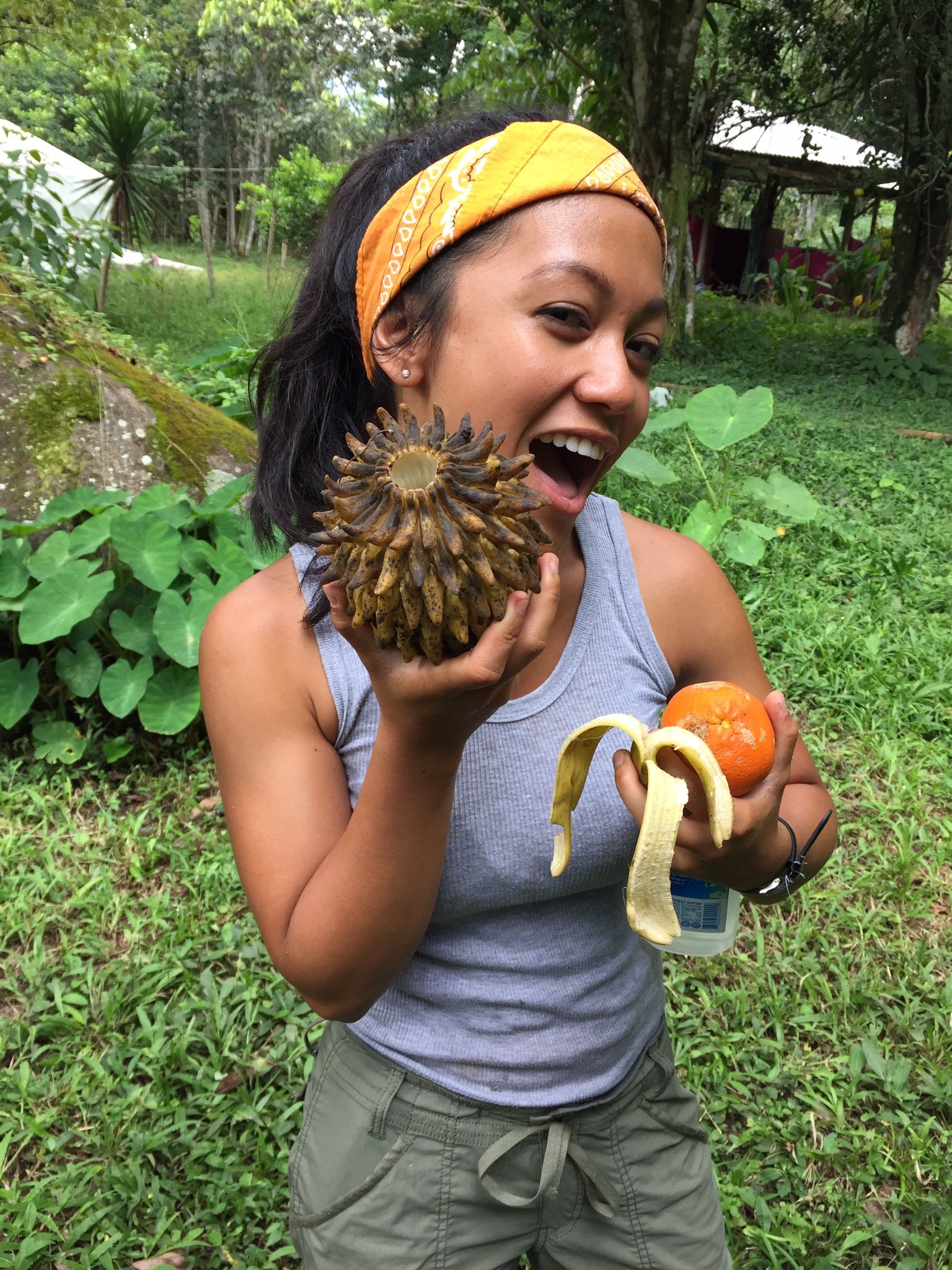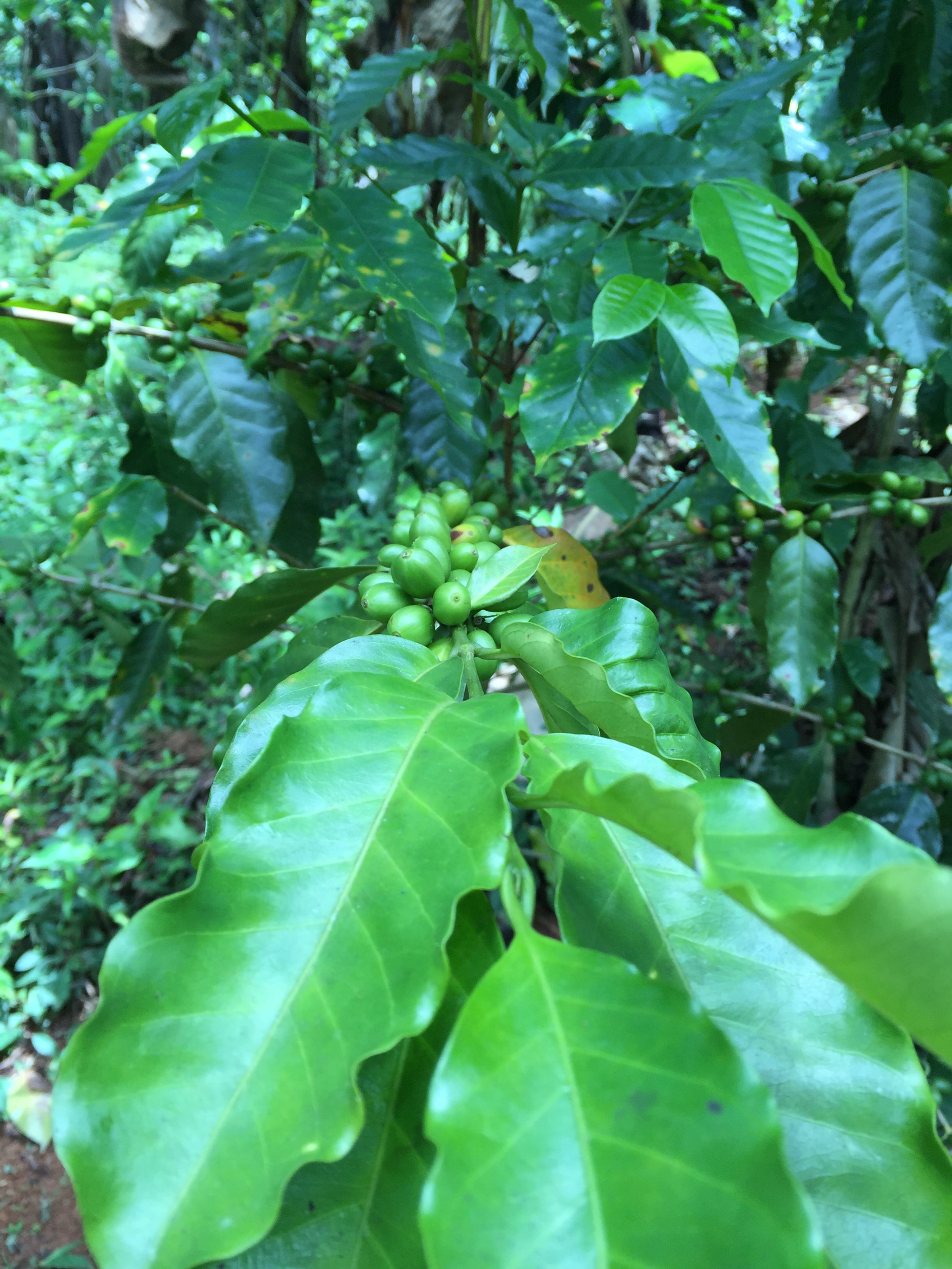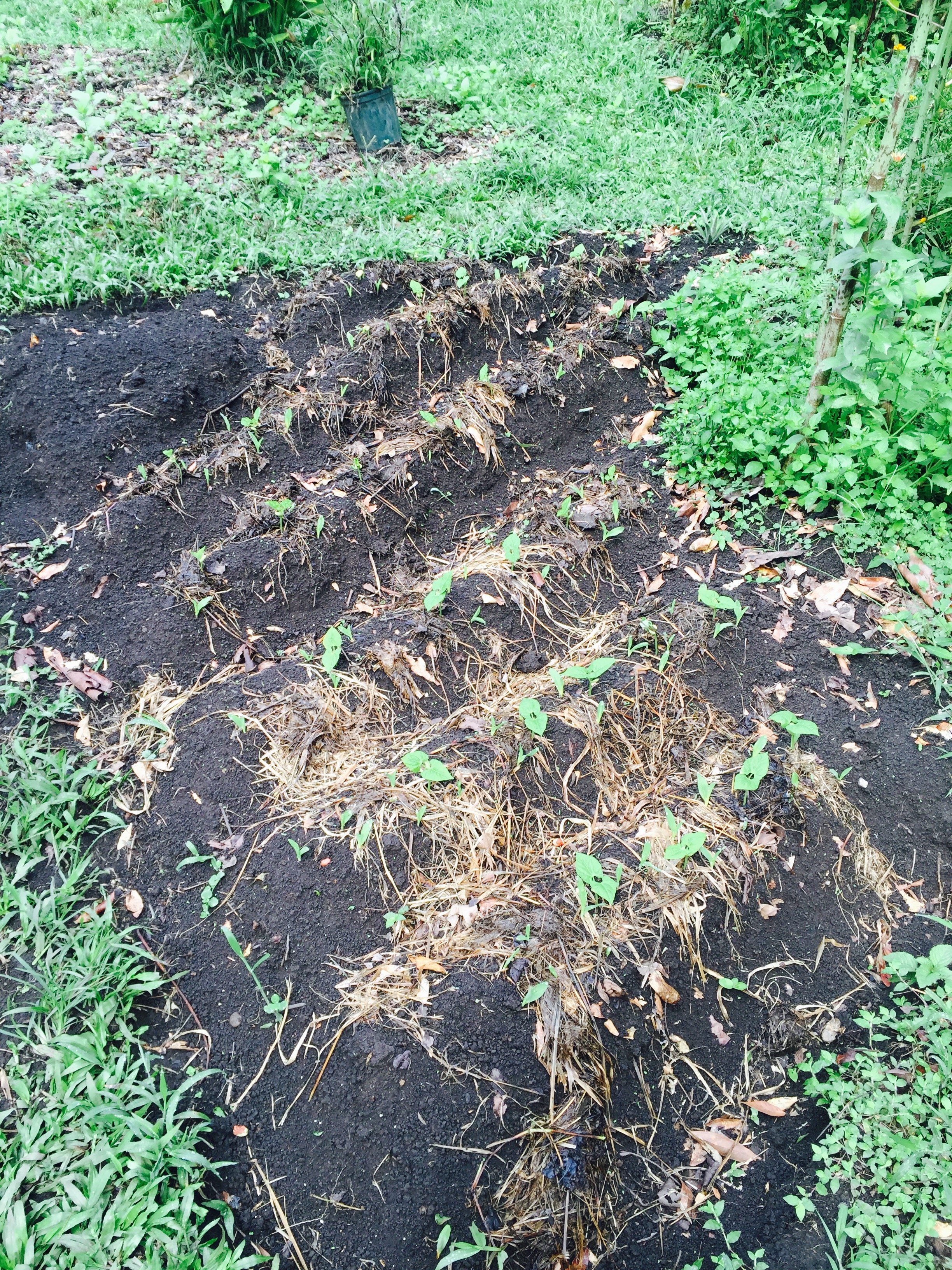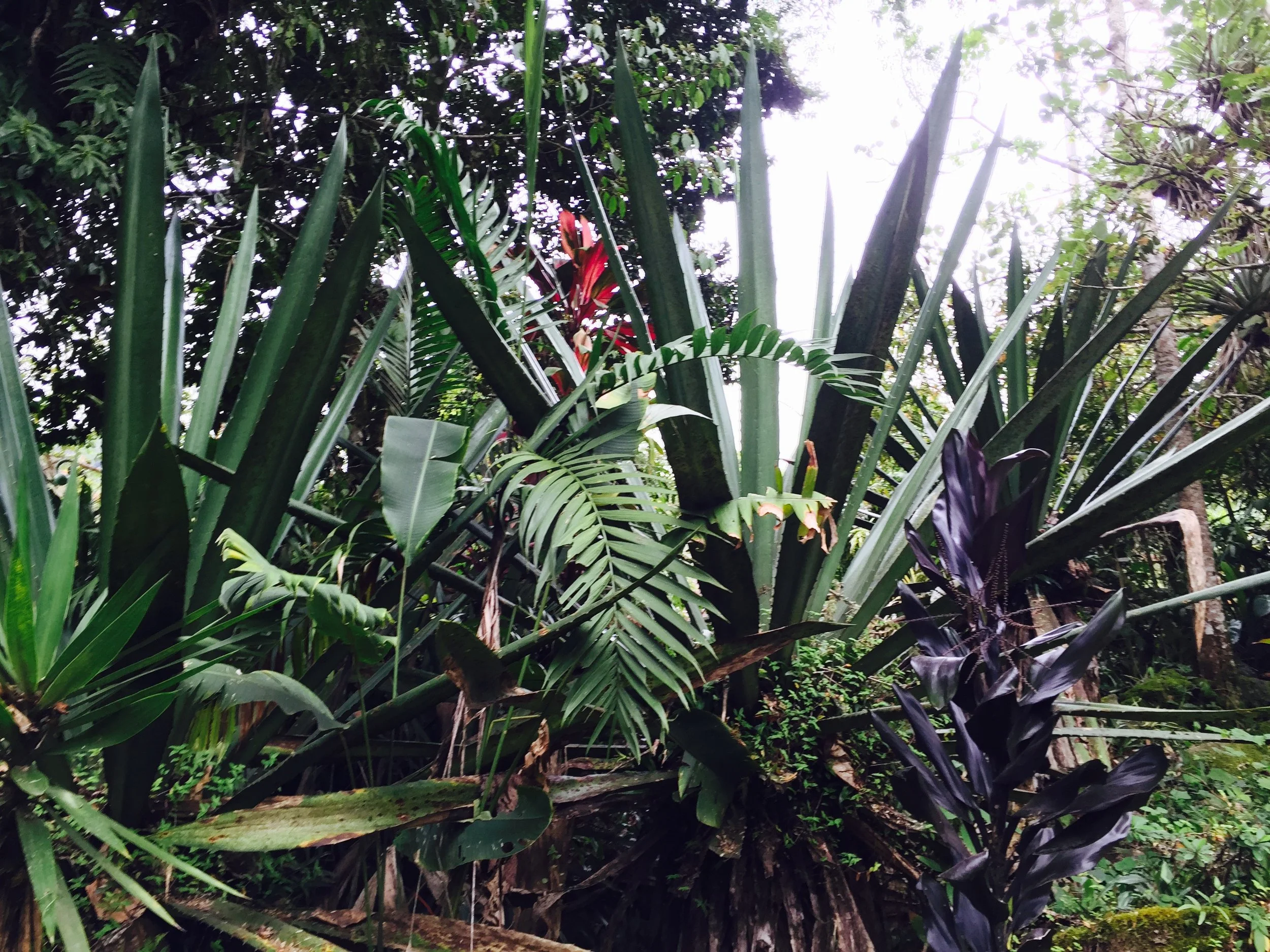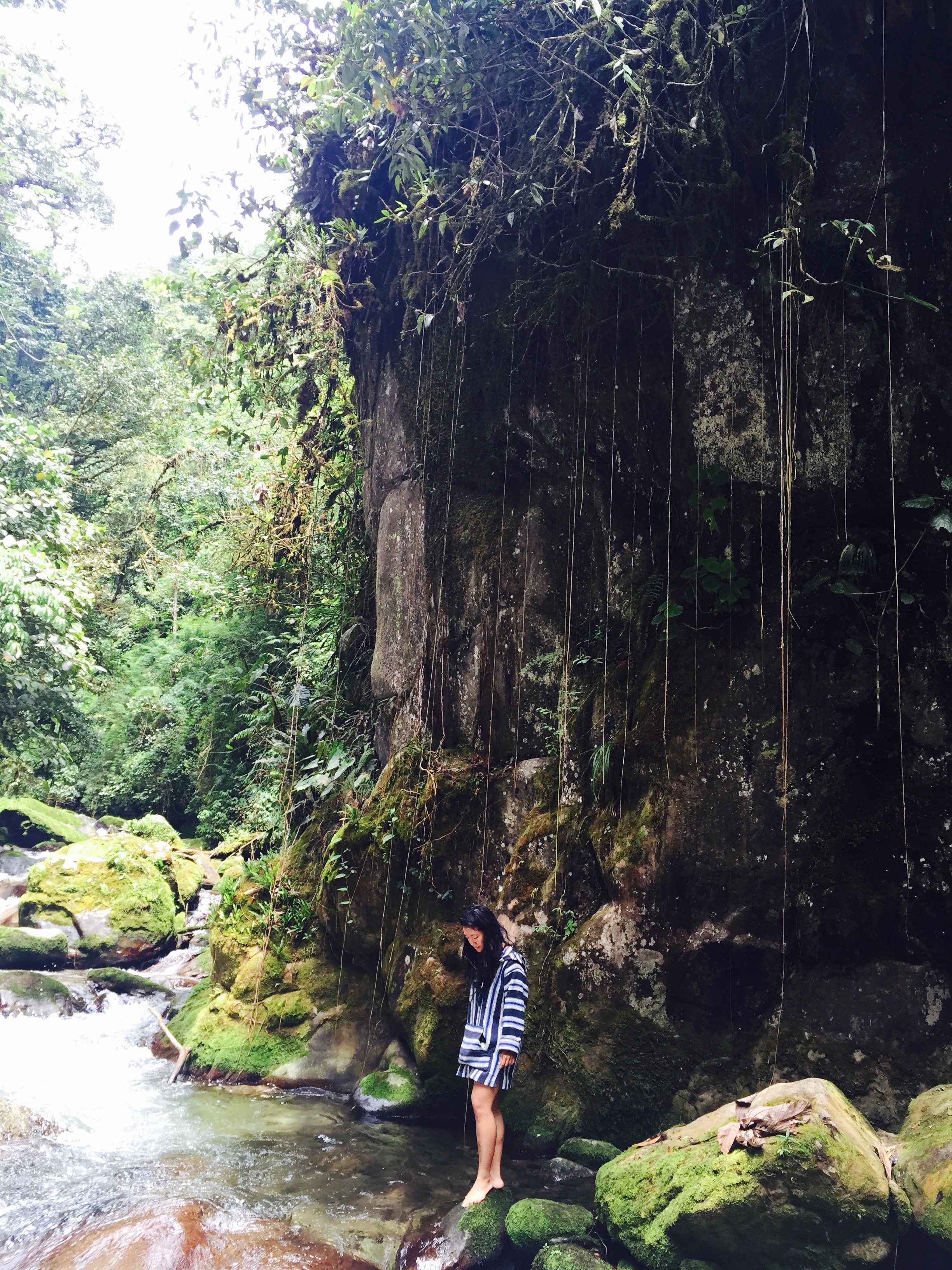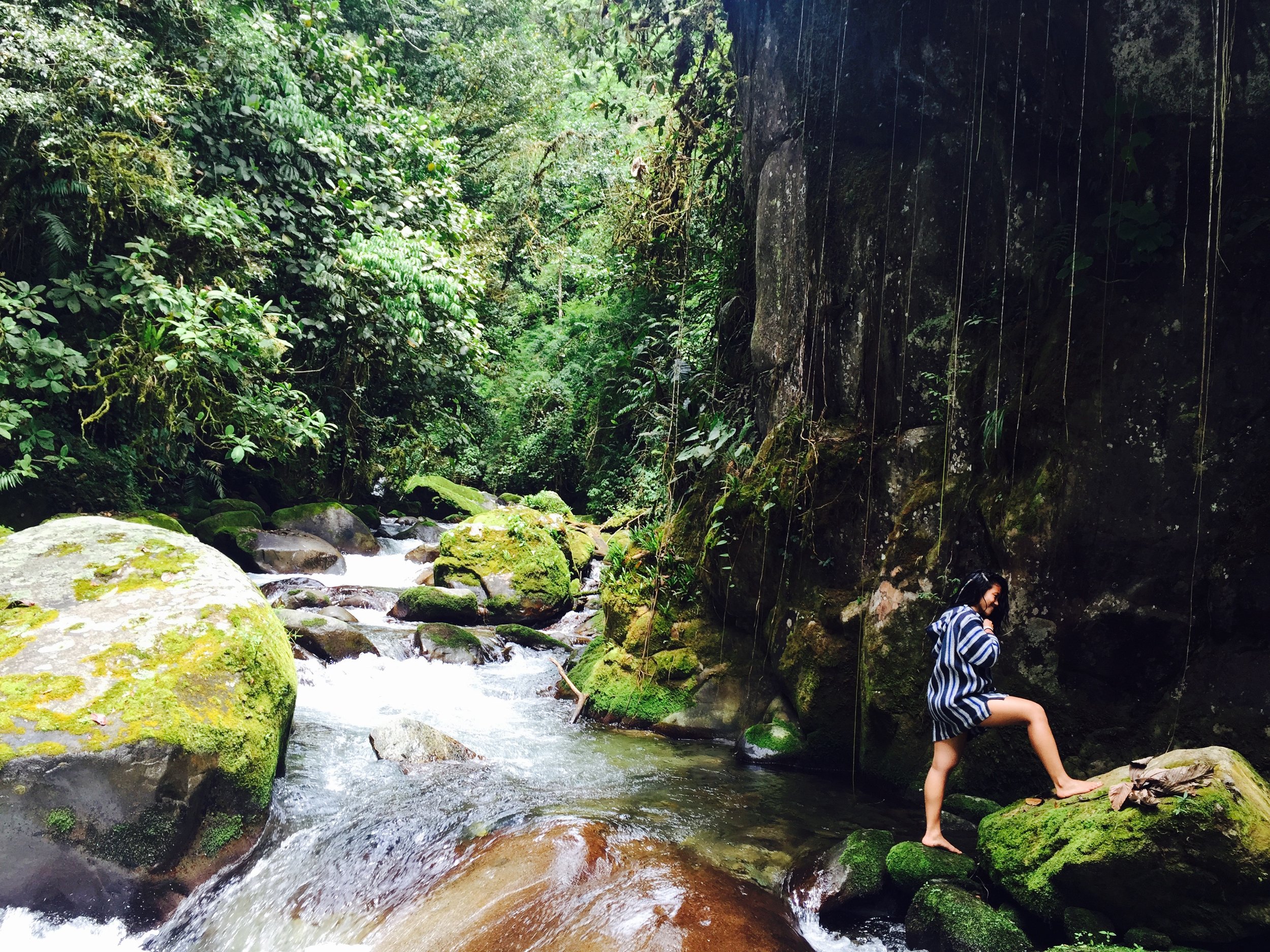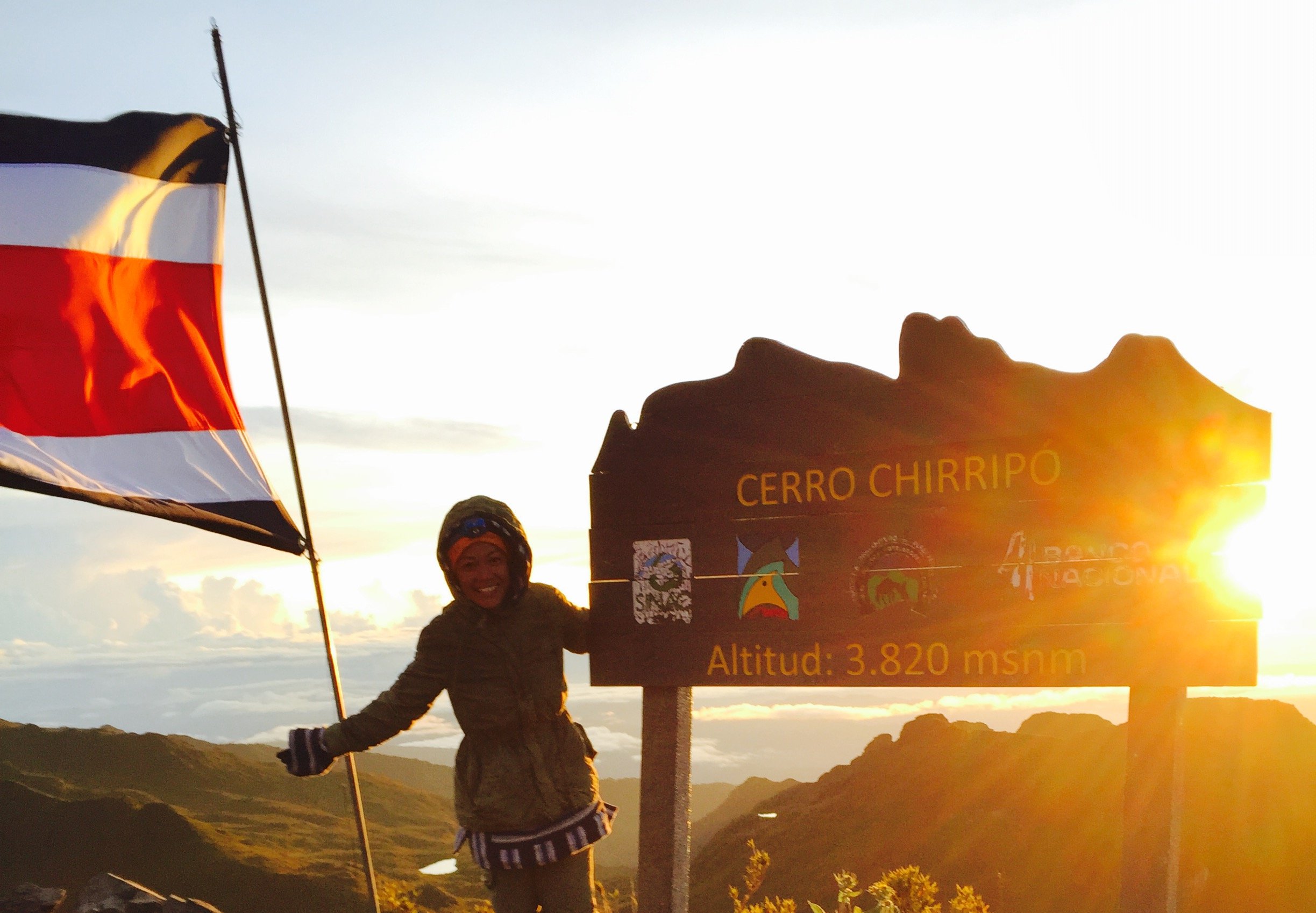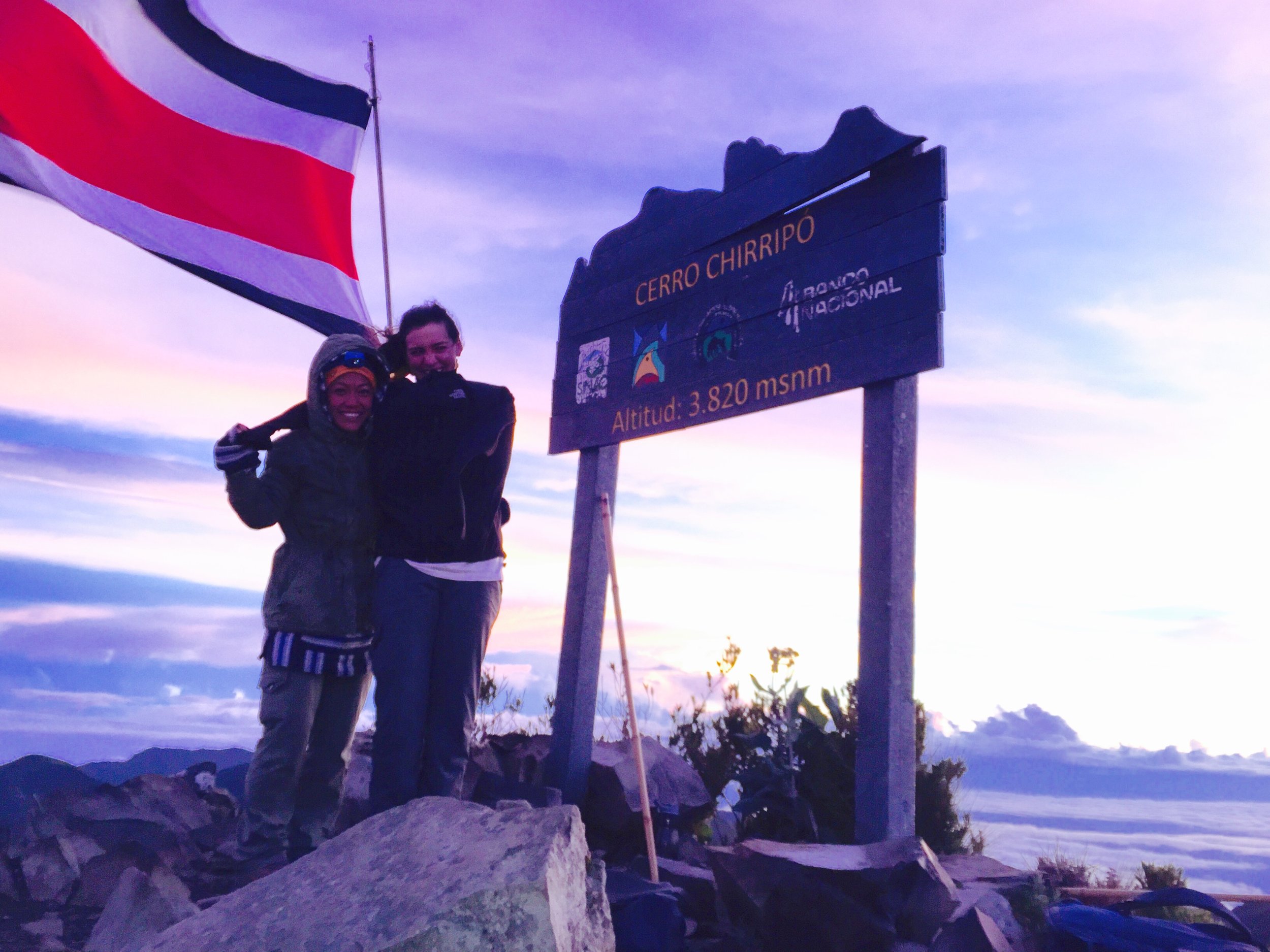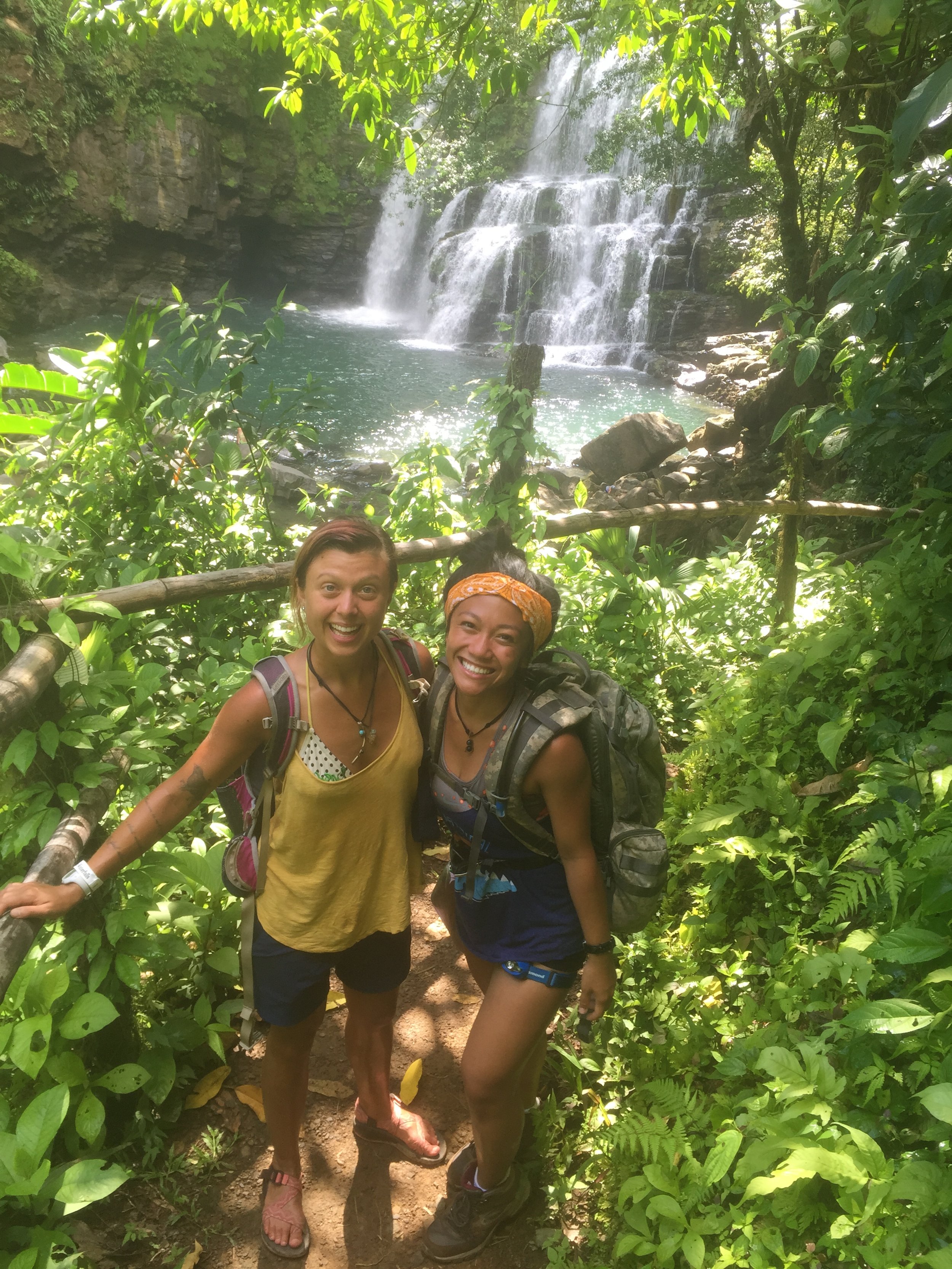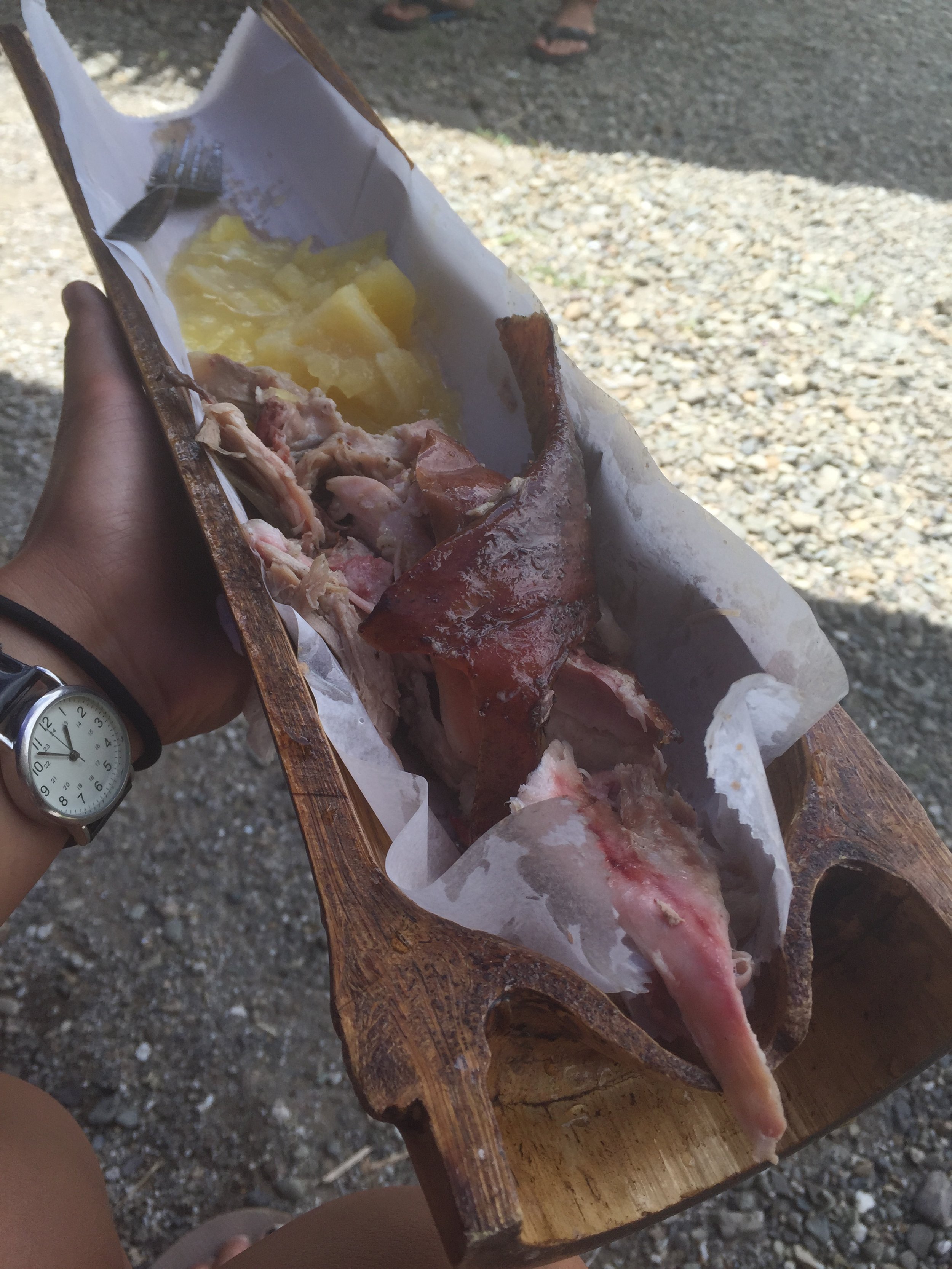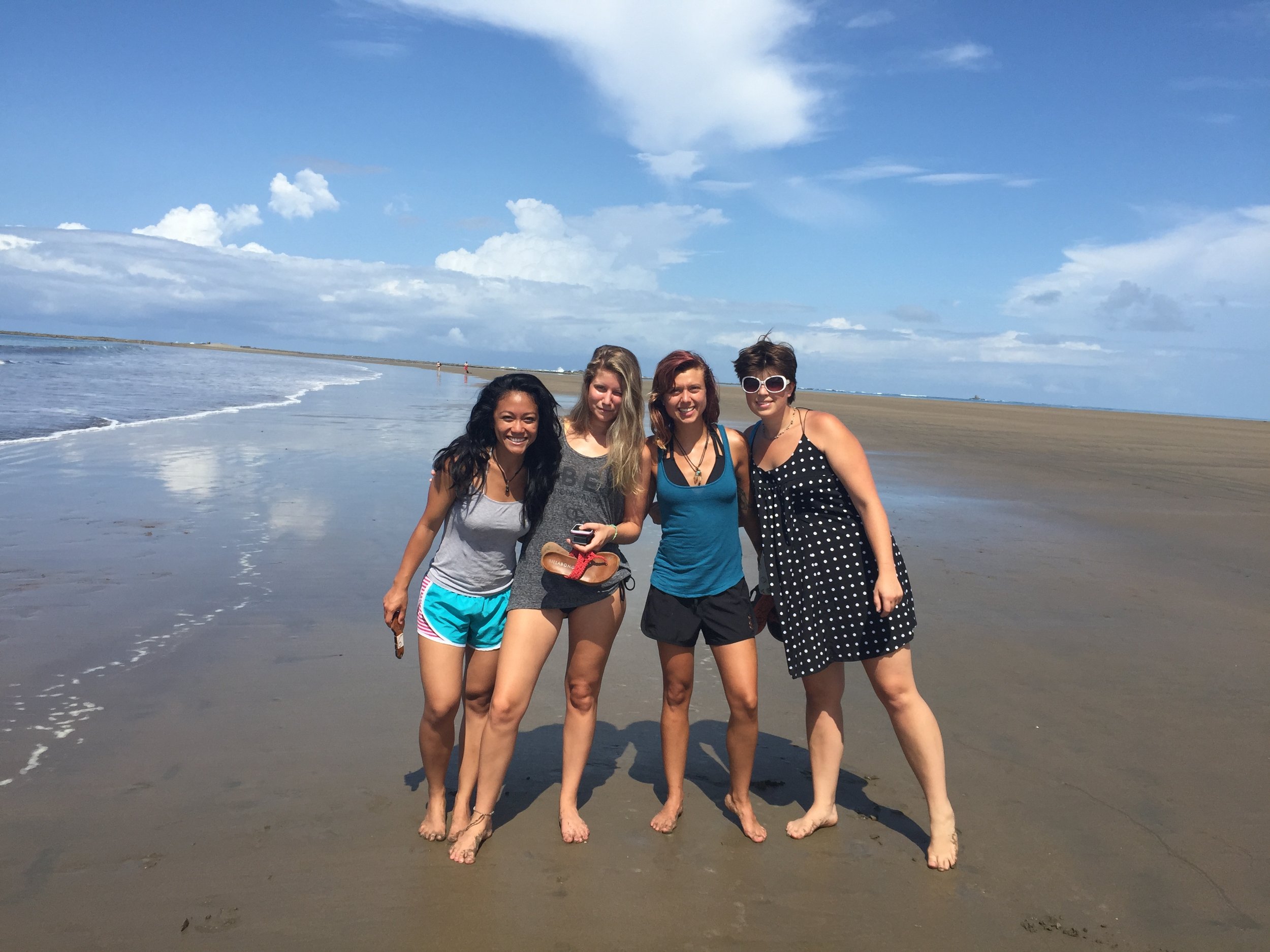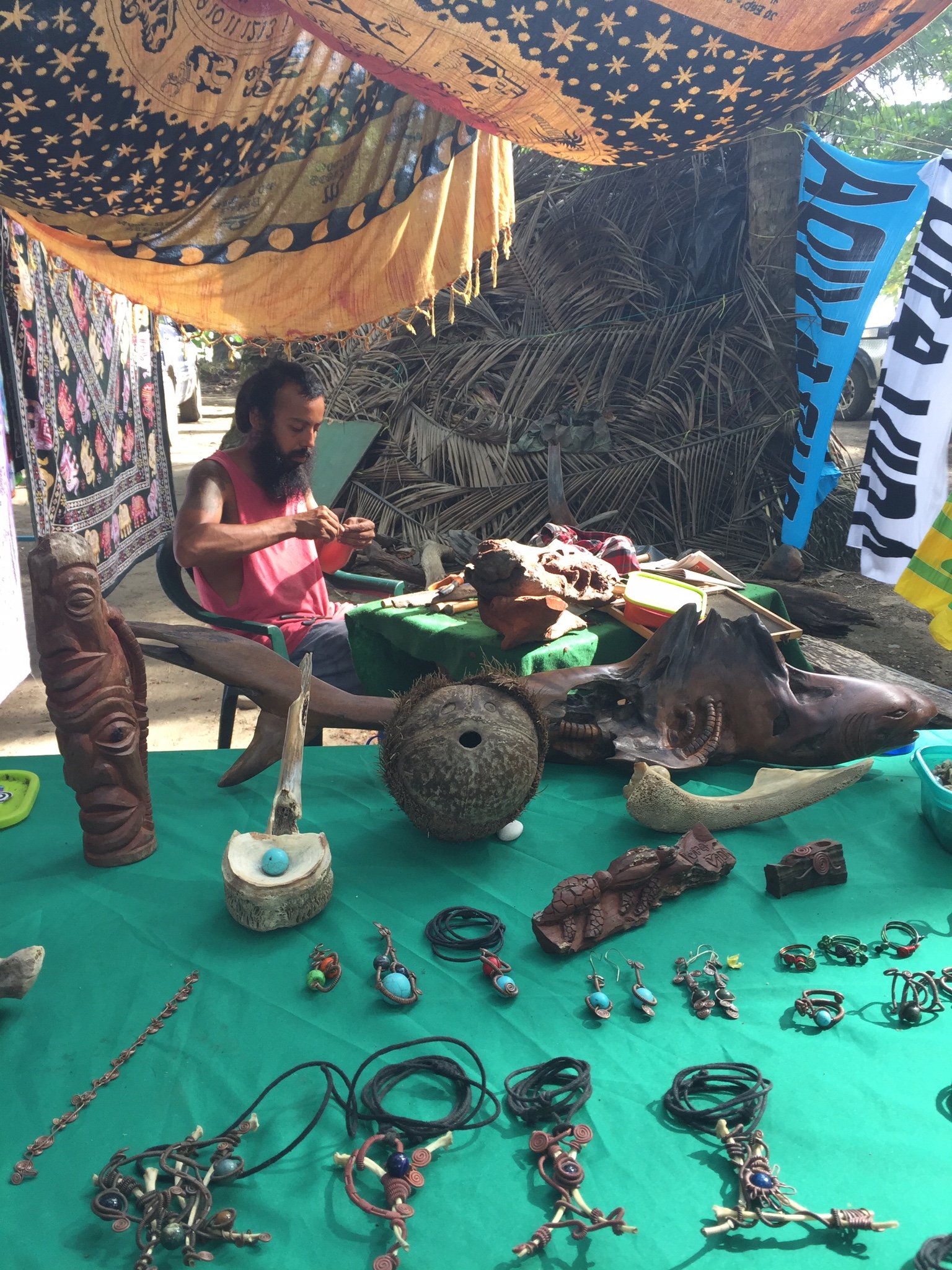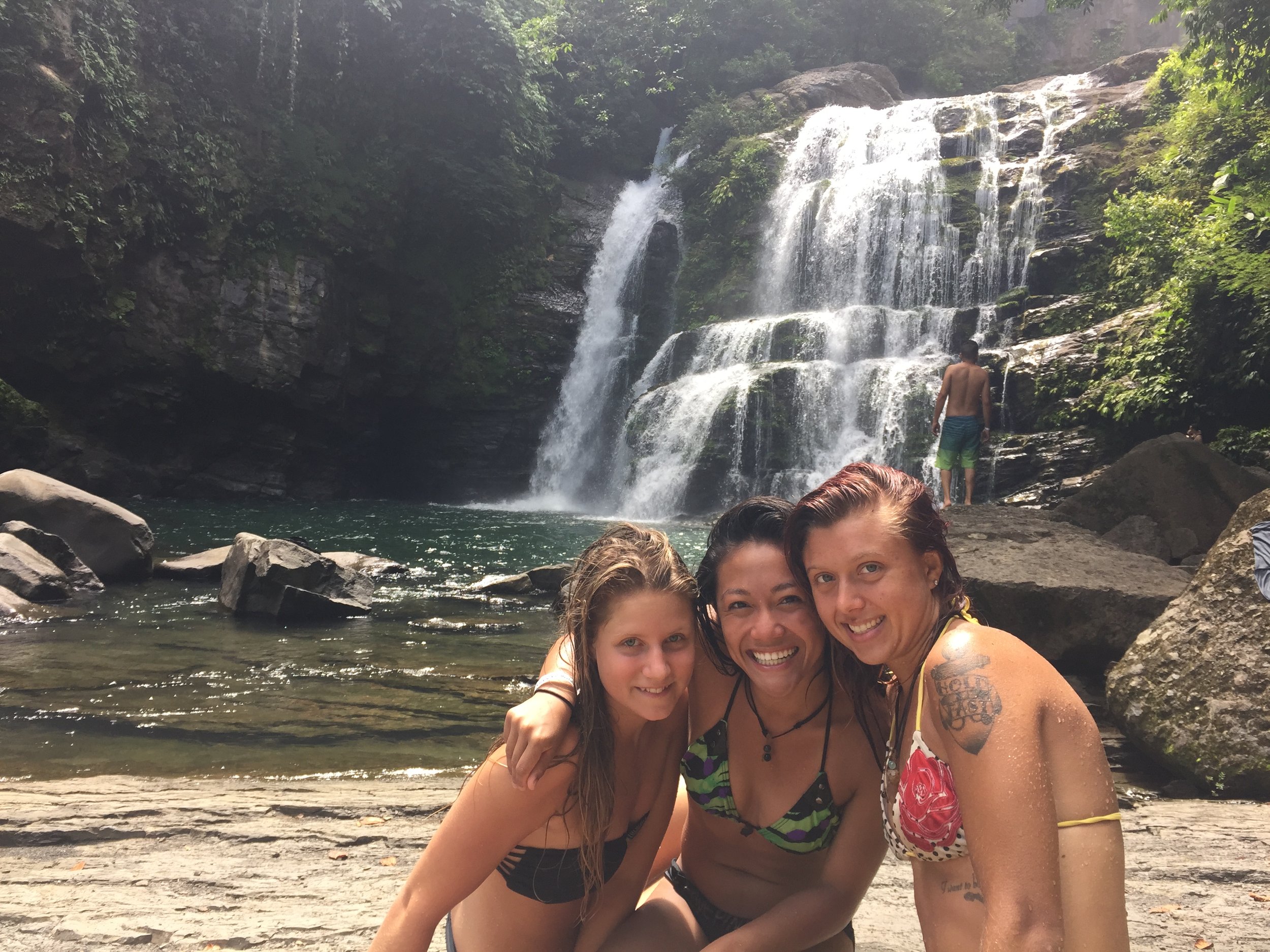What is WWOOFing?
WWOOFing, or World Wide Opportunities on Organic Farms, is a program that allows individuals to live and work on organic farms around the world. It provides a unique opportunity for individuals to experience a different way of life while learning about sustainable agriculture and organic farming practices.
My very first experience traveling alone was WWOOFing in Costa Rica. I was a broke college student, and I was set on the idea of traveling the world. I am from a humble family, and the bank of Mom and Dad was not an option to finance my idea of galivanting the world, and I had read about WWOOFing on National Geographic. So, with my hard-earned money working as a private caregiver one summer, I gathered every penny I had to buy a plane ticket to Costa Rica to work on a farm rehabilitation in the middle of a Central American jungle in exchange for cheap room and board.
Through that experience, I learned about sustainable agriculture practices, sustainability and use organic farming methods to reduce their impact on the environment. By working alongside my host, I learned about practices such as composting, crop rotation, and natural pest control. I gained an understanding of how sustainable agriculture can help to preserve natural resources and support local communities.
This unique cultural experience allowed me to experience a different way of life than what I had gotten used to in the United States. It reminded me of how I grew up in the Philippines, and it allowed me to reconnect with my roots.
As a young 20-something who had a thirst for adventure, WWOOFing provided me a great way to travel on a budget. By working on the farm in exchange for room and board, I was able to stretch my travel budget further to explore the surrounding areas. I got to explore Dominical, Uvita, and climb Cerro Chirripo.
However, it is important to note that WWOOFing is not a vacation or a form of paid work. Participants are expected to work on the farm for a set number of hours each day and follow the guidelines set by their host. The work can be physically demanding and may involve tasks such as planting, harvesting, and animal care. It is important for participants to be honest about their skills and limitations when applying to ensure that they are matched with a host who can provide a safe and suitable experience.
Overall, WWOOFing provided a unique opportunity to learn about sustainable agriculture, experience a different way of life, and connect with people from around the world. It can be a rewarding and educational experience for those who are willing to work hard and embrace new experiences.
